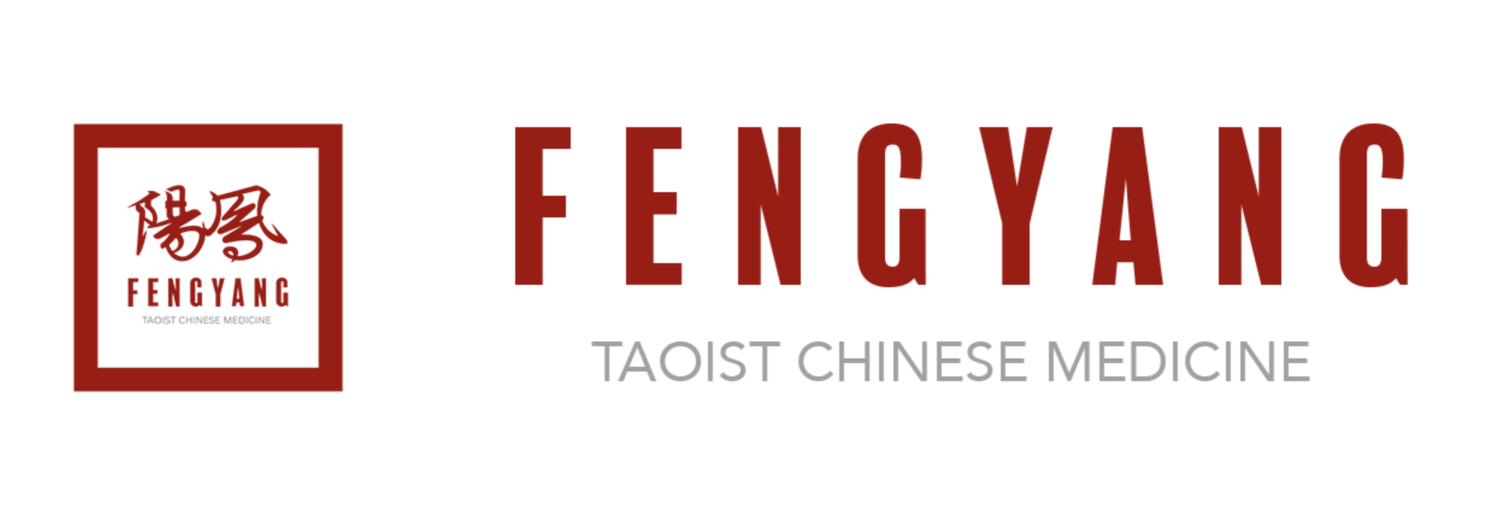The Anti-Cancer Mechanisms of Job’s Tears (Coix Seeds) and Jujube in the Framework of Medicinal Food Homology
1. Medicinal Food Homology: A Holistic View of Cancer Prevention in Traditional Chinese Medicine (TCM)
In TCM, it is believed that “when vital qi is strong within, pathogenic factors cannot invade.” The formation of tumors is often attributed to internal imbalances, including spleen deficiency, phlegm-dampness accumulation, blood stasis, and toxic heat. Foods with medicinal properties—known as “medicinal food homology”—are recognized for their dual role in both nourishment and healing. Job’s tears (Coix seeds) and Chinese jujube are classical examples, recorded in many ancient medical texts.
2. Coix Seeds (Yi Yi Ren): Strengthening the Spleen, Draining Dampness, and Detoxifying
2.1 Nature, Flavor, and Channels Entered
Coix seeds are sweet, bland, and slightly cold in nature. They enter the Spleen, Stomach, and Lung meridians. According to the Shennong Bencao Jing (Divine Farmer’s Classic of Materia Medica), they are listed as a “top-grade” herb: “Prolonged use lightens the body and boosts energy, leading to longevity.”
2.2 Anti-Cancer Mechanisms in TCM
• Strengthen the Spleen and Drain Dampness: Spleen deficiency and dampness are viewed as internal causes of tumor development. Coix seeds help regulate internal fluid metabolism and improve systemic balance.
• Resolve Phlegm and Soften Hard Masses: The combined presence of phlegm, dampness, and stasis contributes to tumor growth. Coix seeds help disperse these pathological factors.
• Clear Heat and Eliminate Toxins: Especially applicable for cancers associated with damp-heat syndromes, such as breast, lung, and colorectal cancers.
2.3 Modern Research Support
Modern studies show that Coix seeds contain coixenolide, which exhibits anti-tumor effects such as inducing apoptosis in cancer cells, inhibiting proliferation, and modulating immune function. TCM formulas like Yixin Pain Relief Capsules, which include Coix extracts, are widely used in integrative oncology.
3. Chinese Jujube (Da Zao): Tonifying Qi and Blood, Calming the Mind, Enhancing Vitality
3.1 Nature, Flavor, and Channels Entered
Chinese jujube is sweet and warm in nature, entering the Spleen and Stomach meridians. The Shennong Bencao Jing also classifies it as a top-grade herb, stating it “nourishes the center and spleen qi, harmonizes the stomach, opens the orifices, and benefits all twelve meridians.”
3.2 Anti-Cancer Mechanisms in TCM
• Tonify Qi and Strengthen the Constitution: Most cancer patients experience qi deficiency. Jujube supports immune function and boosts vitality.
• Nourish Blood and Calm the Mind: Helpful in alleviating anxiety, insomnia, and emotional distress, especially after chemotherapy and radiation.
• Harmonize Herbs and Protect the Spleen: Often used in compound prescriptions to moderate the harsh effects of other herbs, improve digestion, and reduce adverse effects.
3.3 Modern Research Support
Jujube is rich in polysaccharides, flavonoids, and saponins. These compounds have antioxidant, anti-mutagenic, and immune-enhancing effects. Jujube extracts are shown to support hematopoiesis, improve white blood cell counts, and enhance recovery post-chemotherapy or radiotherapy.
4. Suggested Dietary Therapies and Usage
4.1 Coix and Jujube Congee
Ingredients: 30g Coix seeds, 5–10 jujubes, appropriate amount of rice.
Function: Strengthens the spleen, nourishes qi and blood, clears dampness. Ideal for patients in recovery or those with damp-heat or deficiency syndromes.
4.2 Coix and Jujube Decoction
Ingredients: 30g Coix seeds, 6 jujubes, 3 slices of fresh ginger.
Function: Warms the middle, tonifies qi, and drains dampness. Suitable for patients with spleen deficiency, poor appetite, and fatigue.
Cautions: Coix seeds are slightly cold in nature; individuals with weak digestion or loose stools should combine them with warming herbs like ginger. Jujube is warm and sweet; those with excess damp-heat or phlegm-heat syndromes should avoid overuse.
5. Contributions of Professor Zhang Daizhao
Professor Zhang Daizhao (1914–2003) was a pioneering figure in integrative oncology in China. He advocated for the principle that “Chinese herbal medicine should be involved throughout the entire cancer treatment process,” with particular emphasis on:
• Early prevention, supportive therapy during treatment, and post-treatment recovery
• Reducing the side effects of radiotherapy and chemotherapy using herbs like Astragalus, Coix seeds, jujube, Atractylodes, and Poria
• Viewing the patient as a whole: “The cancer is not only in the tumor, but in the person.” Treatment must restore the internal terrain.
His clinical practice laid the foundation for the scientific, standardized application of Chinese herbal medicine in cancer care and significantly improved patient quality of life.
6. Conclusion: Returning to Nature, Nourishing the Spleen, Preventing Cancer Before It Forms
As medicinal foods, Coix seeds and jujube exemplify the TCM philosophy of “treating disease before it arises.” Their gentle yet effective actions—strengthening the spleen, enhancing immunity, eliminating dampness, and replenishing qi—make them ideal for long-term use in cancer prevention and recovery. This reflects the wisdom of TCM in maintaining balance and harmony between body and nature.





